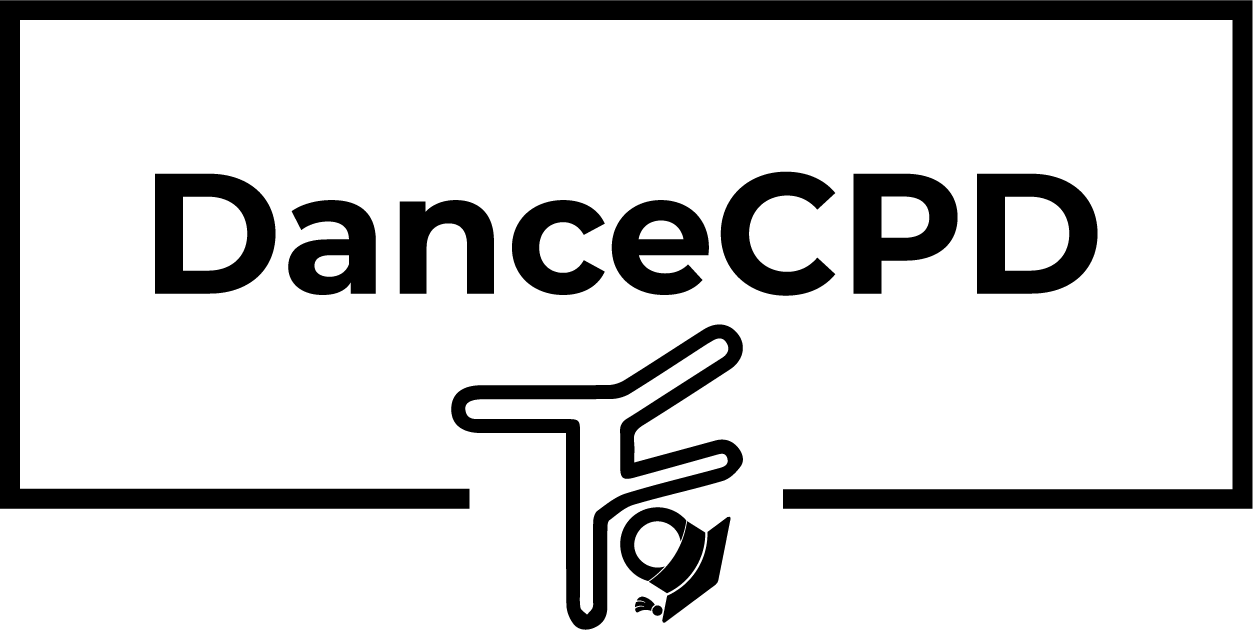
Being a great dancer doesn’t automatically make you a great teacher. Yet many dance teachers step
into the studio with no formal training – why?
In this post we’ll look at why having a proper teaching qualification isn’t just a ‘nice-to-have’ but a
necessity for you, your students and your business.
What does QUALIFED actually mean?
Being qualified isn’t about how well you dance or perform, it’s about how well you teach.
Newsflash – being a qualified teacher isn’t the same as having a dance degree or a performance CV.
These things give you loads of awesome experience, but they don’t usually come with an
understanding of what it really means to teach safely, what your responsibilities and influences are
as a dance teacher, and how to shape young (or old!) bodies and minds to foster a life-long love of
dance.
Think about classroom teachers. A quick Google of ‘how to be a teacher UK’ brings up a whole host
of must-have qualifications, a PGCE and QTS or QTLS (qualified teacher status) depending what age
group you teach.
So when we say qualified, we mean you have a REGULATED qualification specifically for dance
TEACHING, not dance alone.
Why does being qualified MATTER?
You owe it to yourself and your students to take your chosen profession seriously.
Teaching dance is more than making up routines and demonstrating steps —it’s about HOW
students learn, how to adapt to different abilities, and how to ensure progression in a safe and
supportive learning environment. That’s where proper teaching qualifications come in.
A regulated teaching qualification isn’t just a piece of paper—it proves that you understand:
– How students learn at different ages and stages.
– How to use and adapt different teaching methods.
– How to create structured lesson plans that support long-term development.
– How to support physical development as well as social, emotional and intellectual
development through dance.
– How to invest in your own development and reflection as a professional.
Wouldn’t it be great if you could be certain that everyone who runs a dance class has proved they
know all this, and they put it into practice? THAT’S why qualification matters – it’s the best for your
students.
Why does a REGULATED qualification matter?
Sure you can learn a lot through online courses and CPD, but to truly call yourself a qualified teacher
you need a regulated qualification.
In the UK, this means a qualification at Level 4 or above that is accredited by a recognised education
body. These qualifications meet agreed industry standards for the dance teaching sector, cover
everything you need to know, and are assessed and quality assured. Holding one of these means not
only do you know your stuff, but you’ve proven it by passing the assessments, and you are
committed to continuing professional development.
👉 Want to take the next step? Read my next blog: [How to Get Qualified as a
Dance Teacher]

Still not convinced..?
Beyond your students’ progression and well-being, being qualified also benefits YOU as a teacher
and business owner. Here are some other reasons you should be qualified:
It’s good for business: If you and all the teachers at your studio are qualified, then parents and
dancers know they are getting a quality dance education and you know what you need to do to keep
your dancers safe. It gives you a good reputation in your local area, more word-of-mouth, more
dedicated students.
It’s good for your career: having a recognised qualification makes you stand out when you are
looking for teaching work. It shows you take TEACHING seriously and you know how to get the very
best out of your students.
It’s good for the dance teaching profession: ever felt like you are not taken seriously, and treated
like ‘just a dance teacher’? If we all commit to being properly qualified, then we take ourselves
seriously as professional educators, and the industry as a whole will benefit.
Final Thoughts…
Being a dance teacher is an incredible responsibility—you’re shaping not just dancers, but confident,
capable individuals. A qualification isn’t just about ticking a box; it’s about ensuring you have the
skills, knowledge, and credibility to give your students the best possible experience.
Getting qualified isn’t just about passion—it’s about professionalism. It shows that you value your
students’ progress, safety, and well-being, as well as your own career and reputation.
The dance industry deserves high standards, and it starts with us as teachers. So, if you’re serious
about dance education, the real question isn’t “Why should I be qualified?” but “Why wouldn’t I be?”
👉 Want to take the next step? Read my next blog: [How to Get Qualified as a
Dance Teacher]
